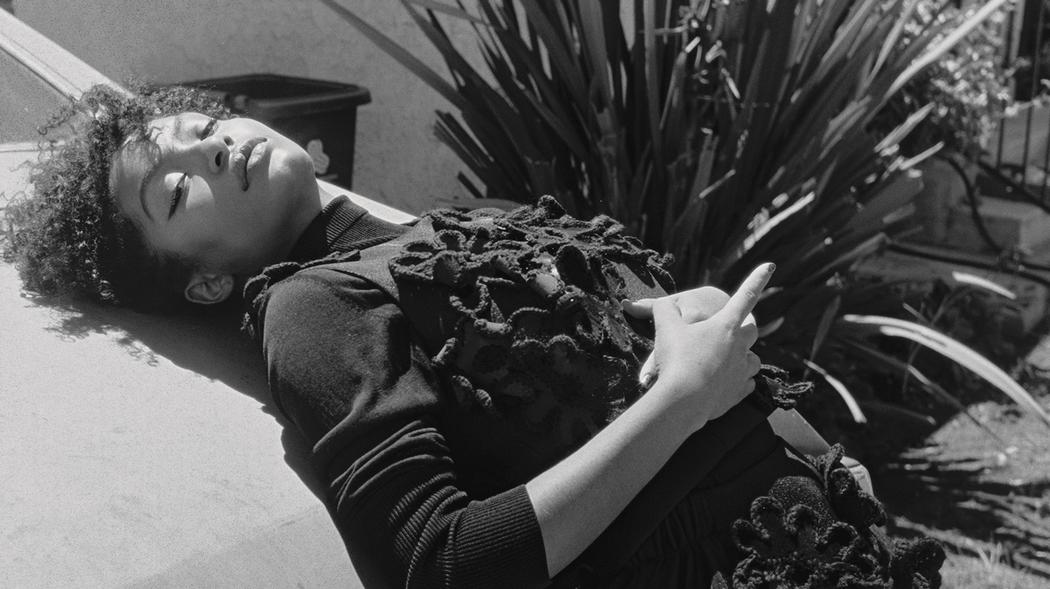This article originally appeared in i-D’s The Acting Up Issue, no. 349, Fall 2017.
When we talk about diversity on screen we’re not just talking about colour; we’re talking about gender identity, fluidity and sexual identity. We want to talk about identity in a deeply multifaceted way because our definition of diversity has, and must, continue to expand. Everything has changed because now there are so many ways to create shows. If it wasn’t for Issa Rae’s brilliant digital series Awkward Black Girl, I don’t think Insecure would have been given the freedom it’s been given. Many shows are now proving to networks that you don’t need to have a “mainstream family” to attract a mainstream audience. When you see families of colour, especially on network television, the assumption may be that the show is going to be for a ‘niche’ market, that few people will relate to it, rather than it being a show for people of different ethnicities and generations to connect to. I think Black-ish has proven that the audience relates to us not in spite of us being black, but because of it.
Black-ish is about black families and the duality of raising black children in our modern climate. It tackles what it means to be black, what it means to be human, what it means to be a family. As a TV show, Black-ish has created a national dialogue about social issues, whether it’s the episode in which we’re talking about police brutality, or when we talk about the complexity of being biracial. We even talk about the importance of the presidential election. Black-ish has played a large role in many cultural conversations. Rather than forcing a way of thinking on somebody, our show has allowed the audience to see and feel the importance of constructive conversation.
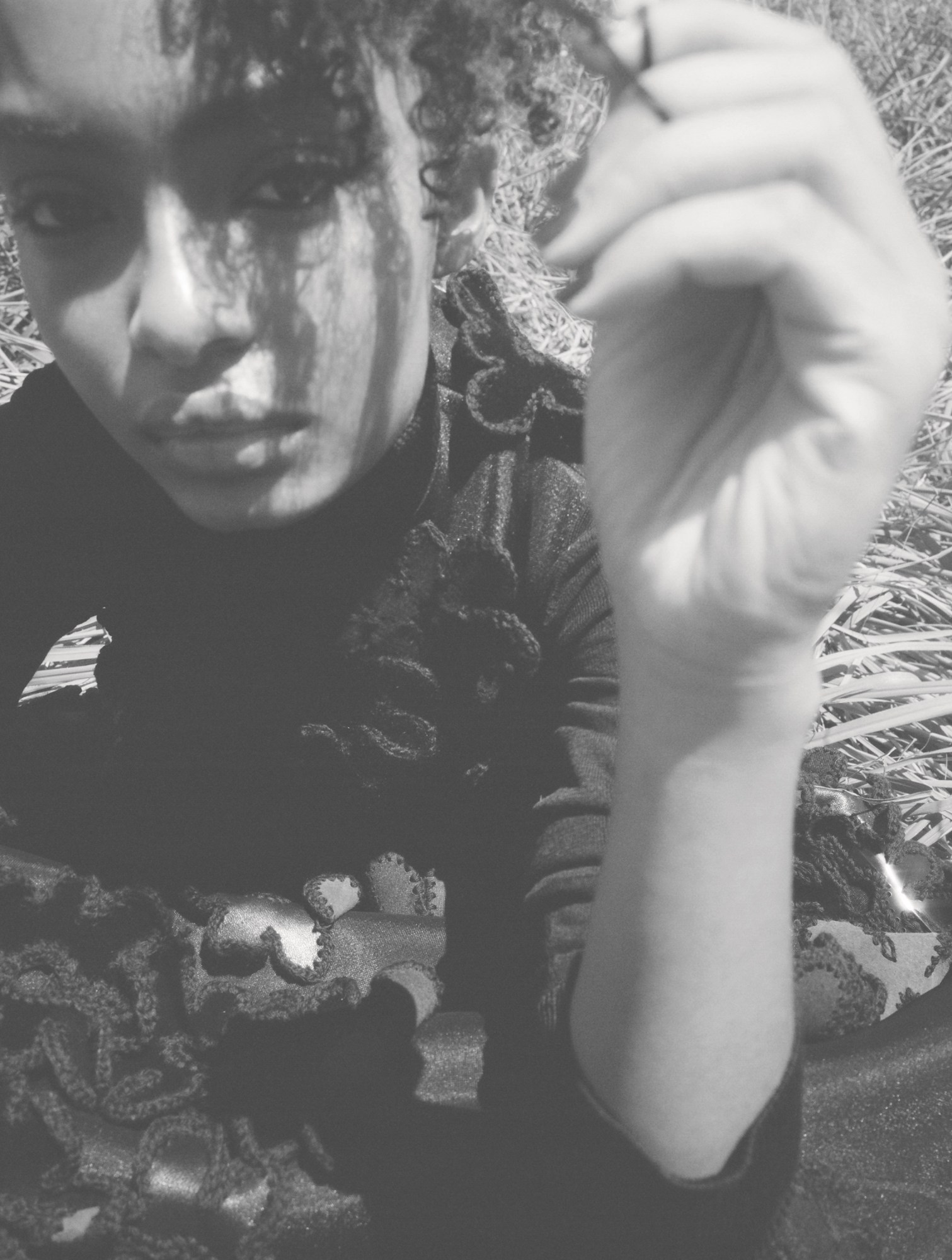
I think there are many things that have caused this renaissance of on-screen diversity and broadened the definition of the word. I think the Obama effect is one. You see the barrier being broken of who can be defined as presidential, and who is president – it shows that anything is possible. It’s time for this change; we’re such a diverse community and we need TV to reflect our country’s diversity. No one wants to watch a show that’s afraid to talk about what’s actually going on in the world, so the networks have to support these storytellers and support these narratives.
When it comes to my personal politics and beliefs and why they’ve been so central to how I manoeuvre through the world, I think that definitely stems from my family and how I’ve been raised. I’m really into history and understanding past political movements, learning about those people who’ve made my literal existence possible, who have paved the way for me to thrive within the world. It wasn’t by accident that I am living here and living freely. There are so many movements and moments and monumental things that have happened in our world that have allowed for our collective identity to expand. We need to continue to push ourselves to be more inclusive and understanding of all people.
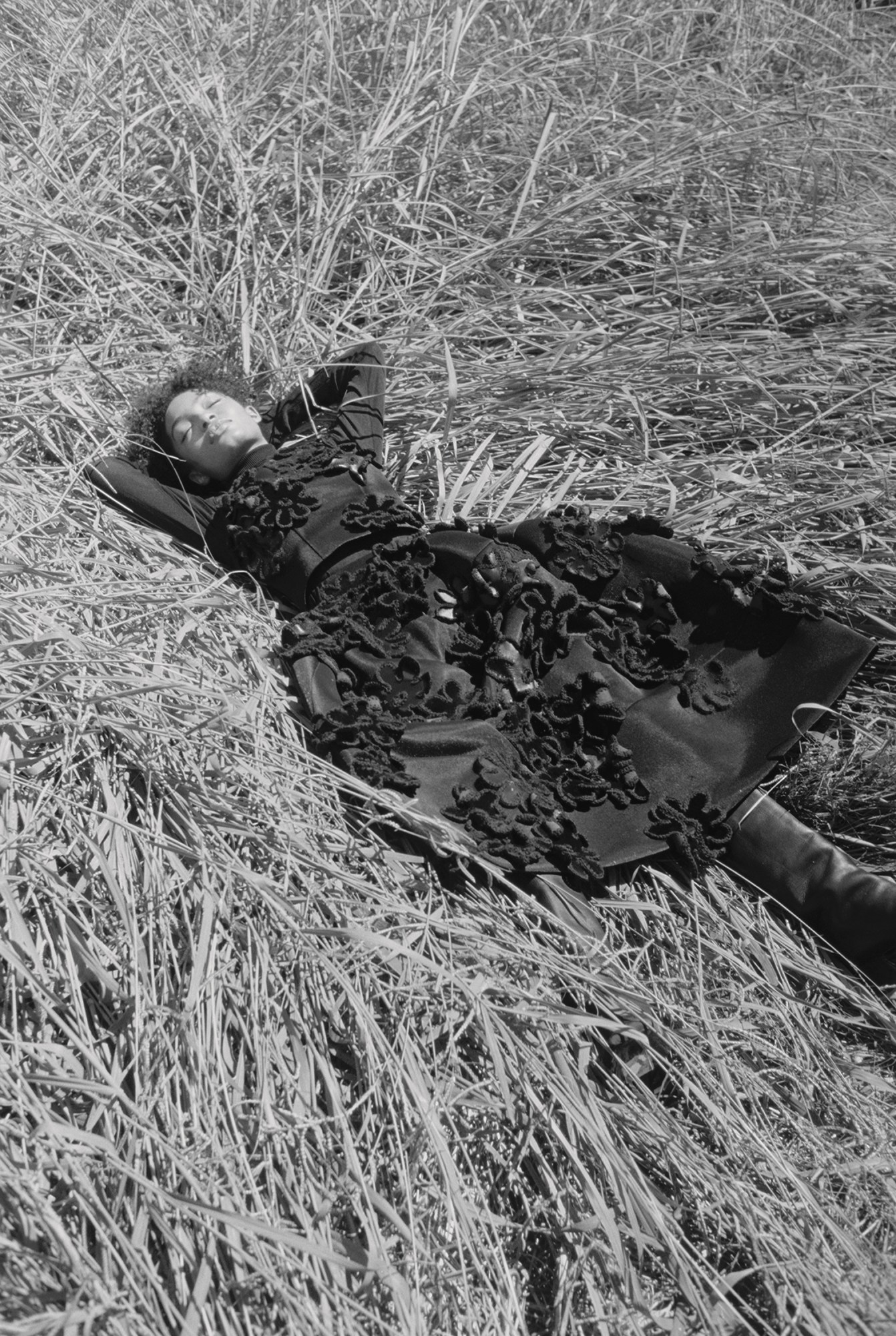
Having learned about our historical successes and failures, and what it took to arrive where we are in 2017, is motivating. As someone surrounded by people who’ve made it their personal responsibility to be involved in creating systems that are more inclusive to all people, I’m never short on inspiration. Whether it be from my family, or artists like Chance or Solange who have really ingrained their message within music.
As an actor, I think my role is to contribute to the world at large. Whether it’s starting conversations or bringing a story to life that hasn’t been told before, I believe actors can create a narrative that helps many people not only relate to what we’re talking about, but really understand the humanity behind the story that we’re telling. If you want to change people’s minds about the political issues you care about, you need to have something human for them to understand. If you just explain the theory, or the economic impact, then many won’t understand the human element of how policy impacts people. As actors we have the ability to tell those stories in a way that isn’t discussed in the news.
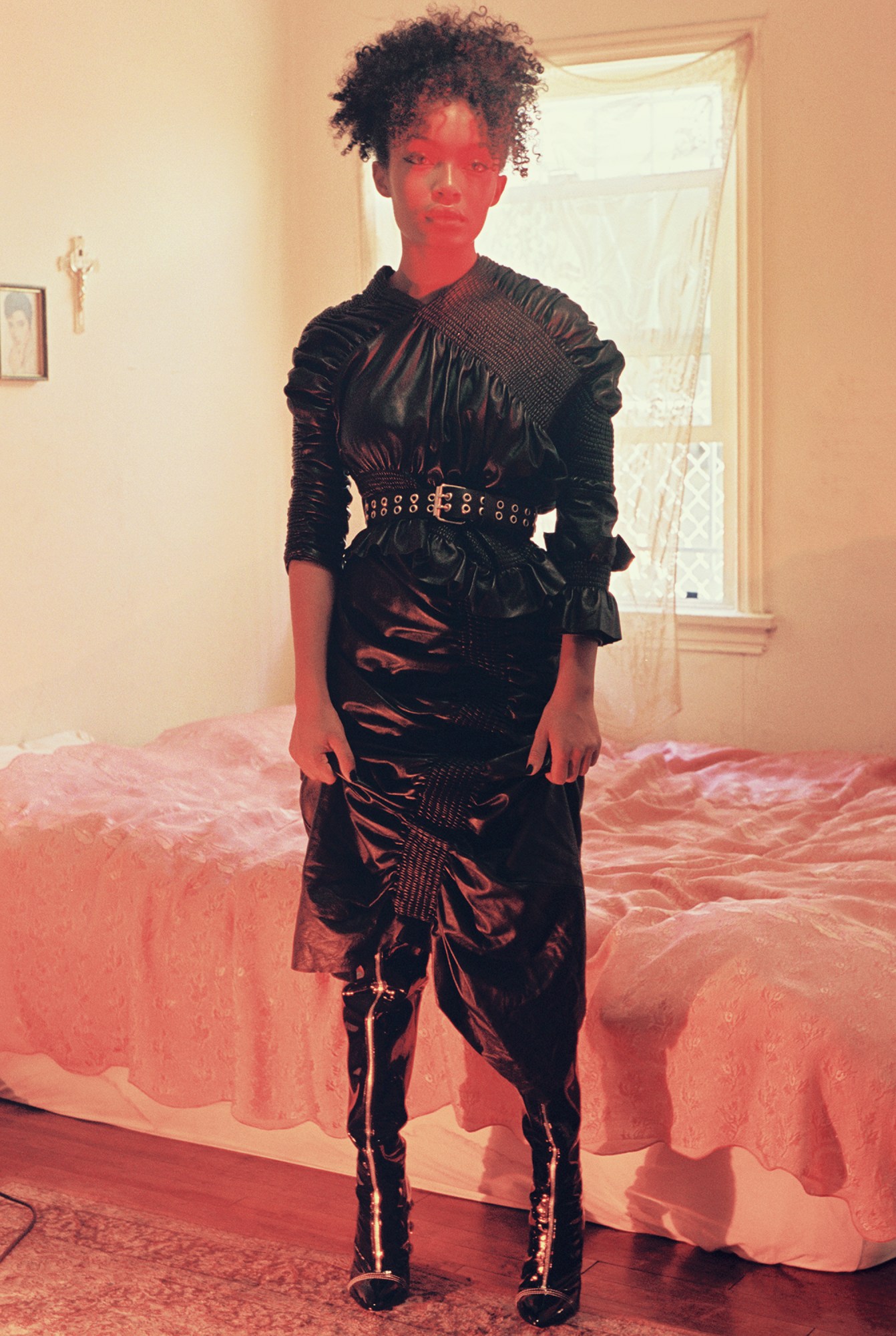
So how do we activate our activism? As an actor it’s easy to take my platform for granted, but if your platform isn’t obvious then it’s hard to identify how you can really make an impact. I truly believe that it is not so much about making the biggest splash, or talking to the largest number of people, but looking at your personal life and how you can help people around you. You can do that by explaining the impact of Trump’s immigration ban to somebody who doesn’t understand how damaging it is to family structures, or why identity politics should matter and how those politics affect all people. Our generation has the power to continue to educate while using social media. We can offer support to others as well as find support and resources for ourselves. It can be a daunting feeling, that when you tweet something it lives out in the ethos forever – but it’s more than a tweet, it’s this idea that you can be a part of a network that creates actual change. The hardest thing about communicating online is working out how to change people’s opinions. If you’ve grown up in an environment in which sexual identity or gender identity is very binary, then how are you supposed to understand something different? Rather than addressing this from an uncompassionate place, it’s about understanding and finding the words to verbalise how you feel and what you understand and being open to understanding more. I think the way I’ve approached activism is that it’s about trying to explain the importance of the spectrum of humanity: the spectrum of identity, gender, sexuality. When you are open to understanding the spectrum, or helping other people understand it, then the nuances begin to make more sense. The labels that people choose for themselves are not confusing after all, but ultimately make sense. It’s about our personal right to individualise our identity.
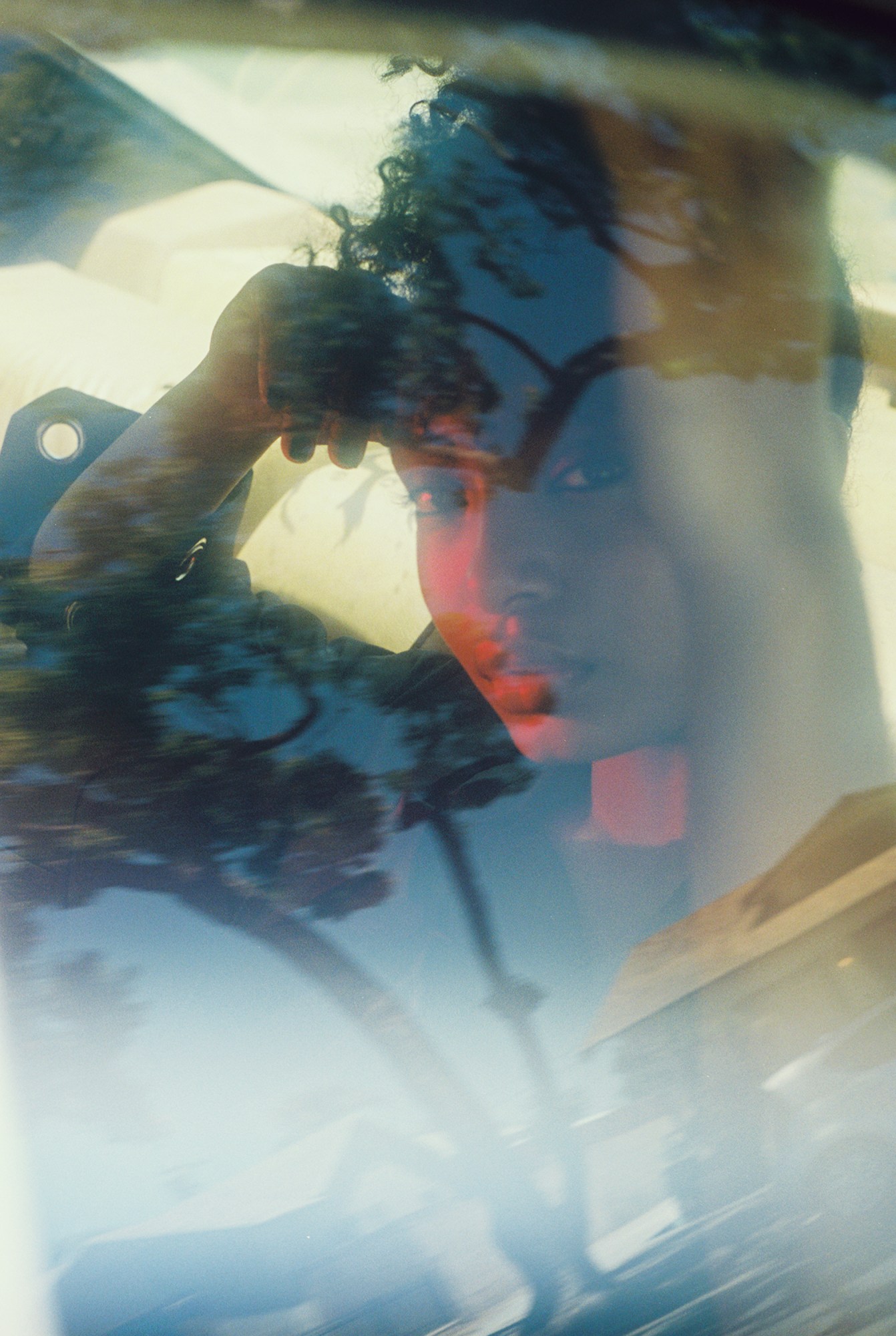
Ultimately it’s about more than being a voice for everybody, but allowing people who already have their own voice to speak up. If I’m talking about something that doesn’t directly impact me but impacts a friend, I want to make sure that I’m speaking correctly and compassionately on that topic. I want to ensure that if I did make a mistake that I’m being educated, rather than being scared to talk about it again. It’s understanding that it’s about finding more resources so I’m better informed the next time I speak. While we’re a generation that has access to education and great access to one another, there’s also a stigma around being ‘wrong’. People make fun of you, people ‘drag’ you on the internet, you don’t want to feel those repercussions and so sometimes that causes people to fear speaking out. When we rid ourselves of that fear and approach it from a place of constantly evolving and progressing, we end up finding that there are beautiful communities of people who are here to guide us.

Coat and dress Preen by Thornton Bregazzi.
What I’ve realised with this entire Trump administration is that, as odd as it is in the context of 2017 and Generation Z, it isn’t odd when you look at it from a wider perspective. History is circular, and so while there is always progress being made, it’s a little like a slinky. There’s this idea that there’s always forward motion, but we constantly deal with similar situations within a different context. What we’re about to unleash is the Kraken – my generation, Gen Z! So many young people are about to be of voting age, and now it’s time to prepare each and every one of us to understand not only how to vote, but the nuances of voting. It’s not about waiting to be 18 and voting, but being active citizens at every point in your personal evolution. Active citizenship takes so many forms; How can we be involved in policy? How can we be involved in getting to know our representatives? How can we be involved in cultural change? Cultural change is underrated because political change creates such immediate effect, but cultural change has a much more lasting impact. Think about the idea that culture ultimately lasts longer than a generation. That’s powerful.
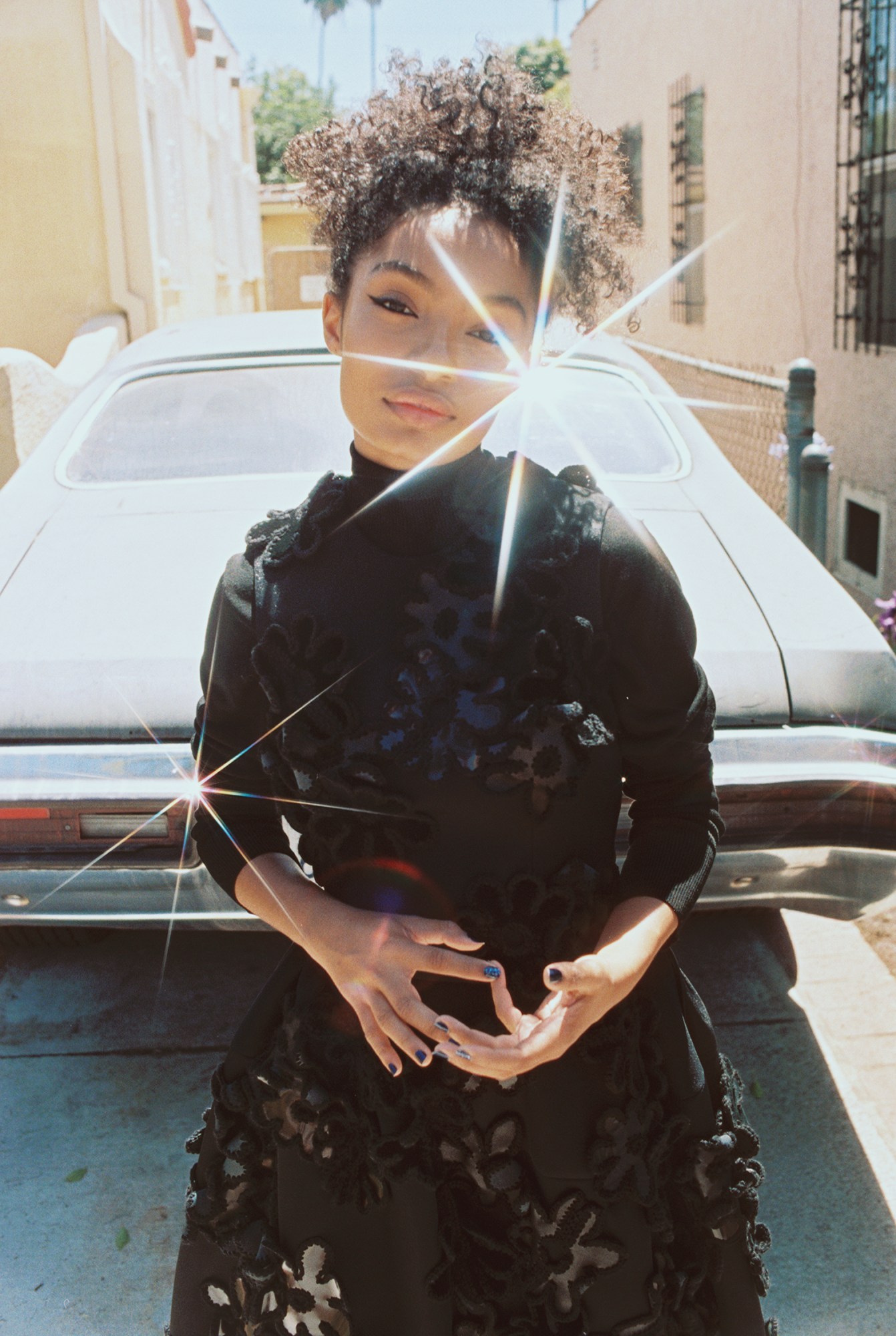
Read: We met actor Miles Heizer to discuss the 13 Reasons Why backlash and mental health awareness.
Credits
Photography Petra Collins
Styling Jimi Urquiaga
Hair Marcia Hamilton at Vision Artists using Shea Moisture. Make-up Emily Cheng using CHANEL Ombre Premiére. Photography assistance Moni Haworth and Isaac Soloway. Production Lumia Nocito.
